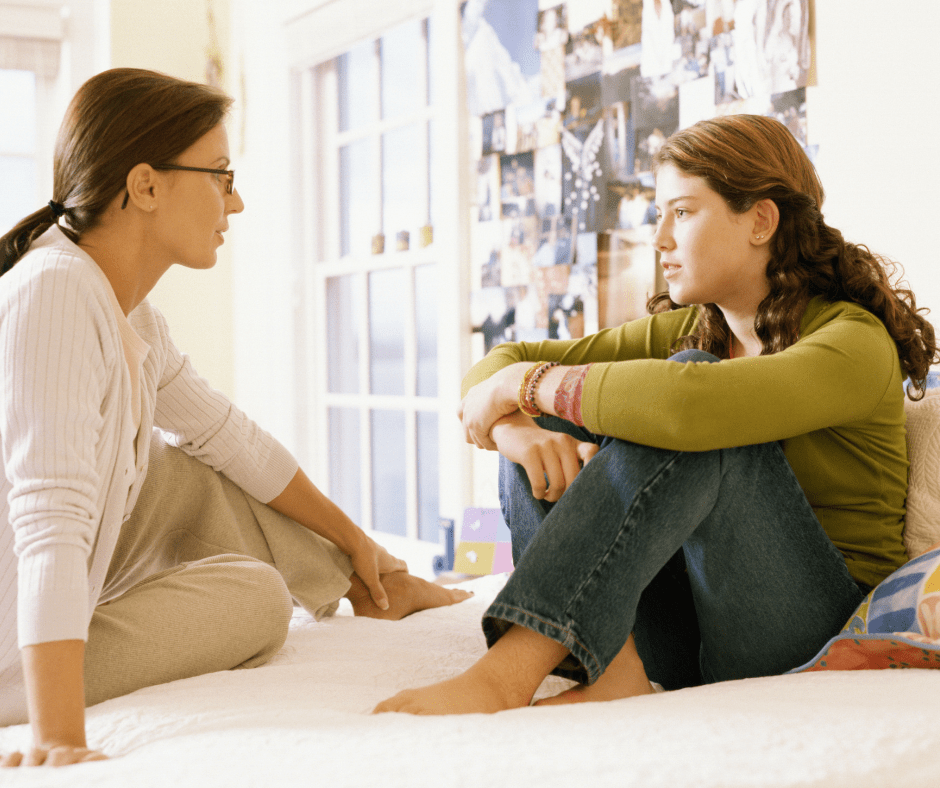As parents, we all want the best for our children. Having a child with pain means change for all the family and you may feel ill-equipped to handle these changes.
These ideas have come from years of experience working with children and families and seeing what works best in most situations.
- Get good information about persistent pain so that you understand the situation. Understand why persistent pain is different from acute pain, and how different strategies are needed for managing it.
- Help your child live as normally as possible. Keep up the family routines, encourage your child to do their share and be involved in family activities.
- Help your child develop a good support team around them. This includes you, your family, their friends, their school and your family GP and other health care professionals with your child in the centre.
- Shift the focus from away from pain. You can acknowledge pain is present but also encourage your child to engage in helpful pain management strategies such as getting involved in a favourite activity, using humour, music, dance, art, meditation and so on.
- Recognise the effects persistent pain has on your child’s thoughts and emotions. Anxiety and depression are common, sometimes anger or fear, unhelpful thoughts and worrying. All of these can make your child’s pain seem worse. Professional help from your GP, a clinical psychologist or counsellor can really make a difference.
- Encourage your child to go to school every day. Getting behind in school and losing friends can add more stress and cause problems in the long term. You may need to work with your child’s teachers to make a pain management plan for school which may include giving medication, limited time-out or rest periods and modified physical activities as well as sending work home for days your child can’t get to school.
- Don’t rely totally only on medication to manage pain. Sometimes a number of treatments need to be tried before a suitable one or combination is found. Medication by itself has a limited role in treating persistent pain because side effects often occur at quite low doses or it is simply not effective. Some medications are not licenced for use in children because they have not been studied in children and proven to be both effective and safe.
- Discourage resting in bed or on the couch for long periods of the day. It may reduce pain short term but it causes problems with sleeping at night which makes pain harder to manage the next day. If this goes on for a long time, your child will become run down, develop a sleep disorder, and have even more fatigue and pain.
- Help your child to learn useful, active ways to manage their pain. Encourage your child to do activities he/she values and enjoys despite being in pain, including a gentle exercise program. A physiotherapist or exercise physiologist can help with a graded exercise program designed for your child’s needs.
- Help your child develop a plan for a bad-pain day. Planning ahead can help your child to worry less about pain flare-ups and manage the pain better. You may need to work with your child’s health care professional/s
Thank you to the Pelvic Pain Foundation of Australia for this invaluable advice. You can check out more information on their website https://www.pelvicpain.org.au/tips-for-parents-of-teens-with-pain/



